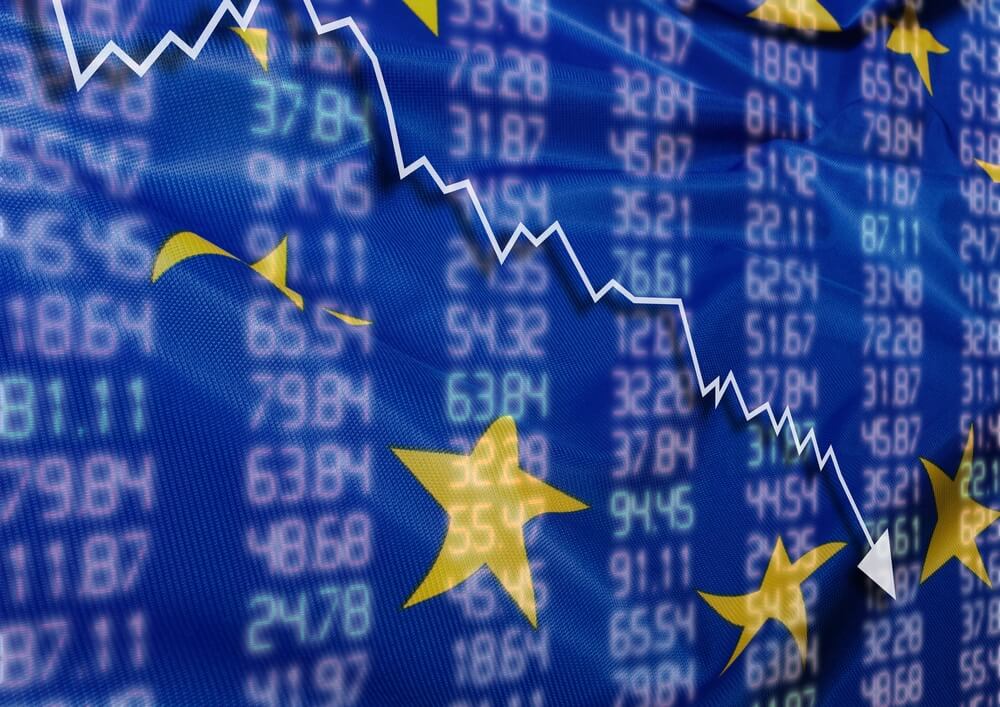
European Stocks Are Falling
European stocks fell, while Wall Street equity futures remained steady. At the same time, investors weighed hawkish comments from Federal Reserve officials and awaited the release of US inflation data on Thursday for clarity on the path of interest rates. The Stoxx Europe 600 Index fell 0.7%, retreating from an eight-month high, led by retail and technology stocks. Contracts on the S&P 500 and Nasdaq 100 recovered some of their earlier losses. Richard Branson’s Virgin Orbit Holdings Inc. fell in premarket trading in the United States following a failed attempt to launch Britain’s first satellites into orbit from its soil.
In better news for European assets, Goldman Sachs economists said they no longer expect a euro-zone recession by the end of 2022 after the economy proved more resilient and natural gas prices fell sharply. China lifted Covid-19 restrictions earlier than expected.
The GDP should increase by 0.6% this year, up from a 0.1% contraction previously predicted. Dow Jones Industrial Average futures fell 60 points, or 0.2%, while the S&P 500 fell less than 0.1%. Nasdaq-100 futures were trading just above the zero line.
Focus On Fed’s Decisions
Raphael Bostic, President of the Atlanta Federal Reserve, stated Monday that interest rates should rise above 5% and remain there for a “long time.” Meanwhile, San Francisco Fed President Mary Daly stated that the central bank should keep raising interest rates at a slower pace.
Investors began the new year concerned that higher Fed rates would send the economy into a slump. However, many are increasing their bets that inflation will begin to ease.
The Nasdaq Composite gained 0.6% on Wednesday, aided by a 6% rise in Tesla. Meanwhile, the Dow lost nearly 113 points after gaining 304 points, while the S&P fell 0.1%.
Monday also marked the end of the S&P 500’s first five trading days in 2023, during which it gained 1.1%. According to a traditional stock market indicator, that early strength could bode well for the rest of the year.


